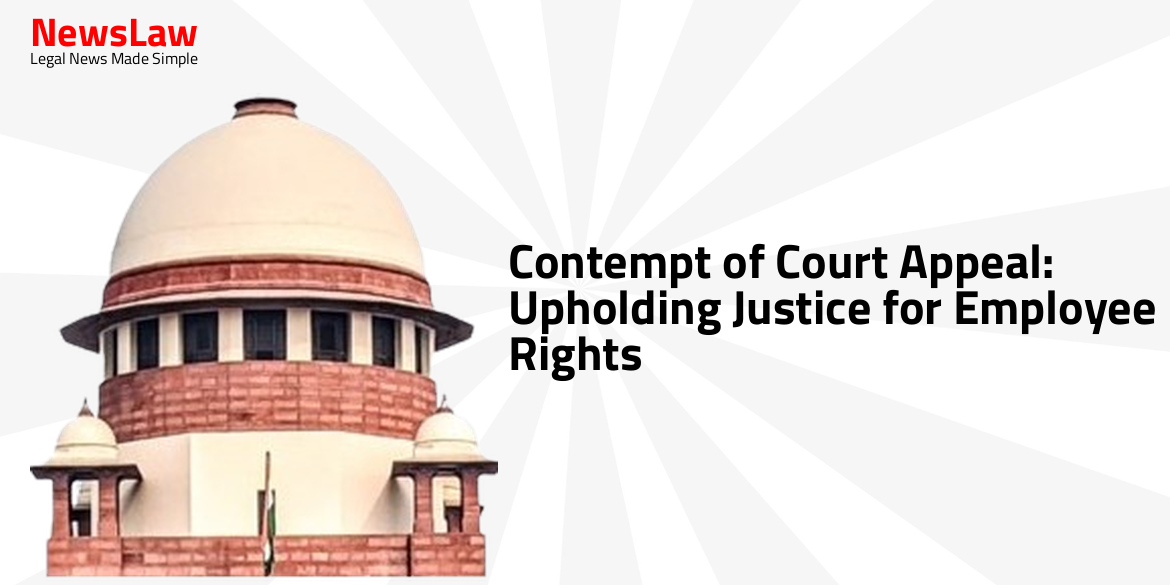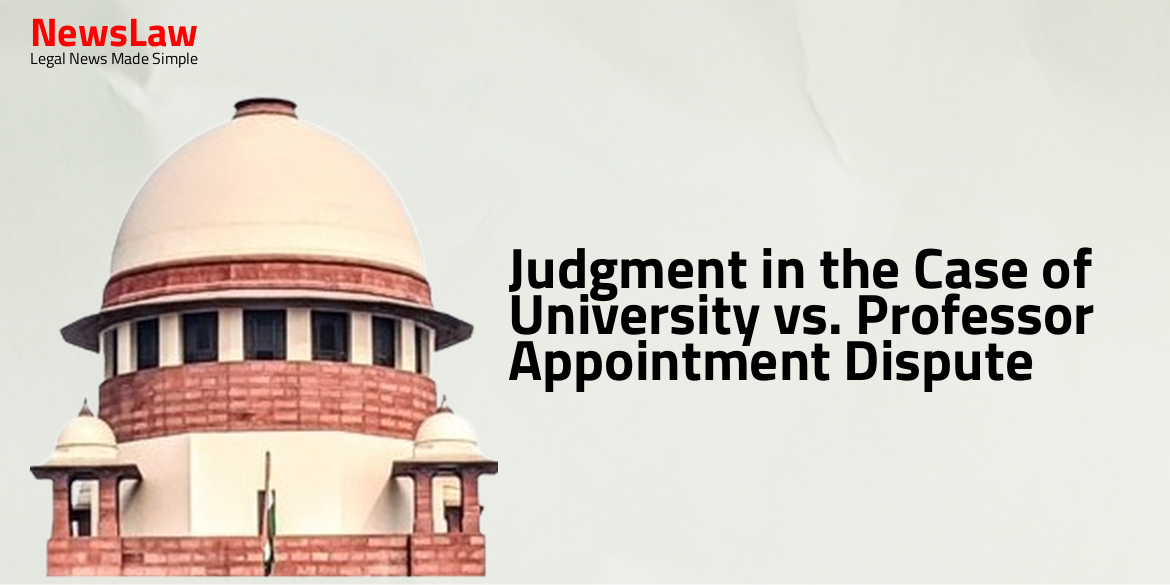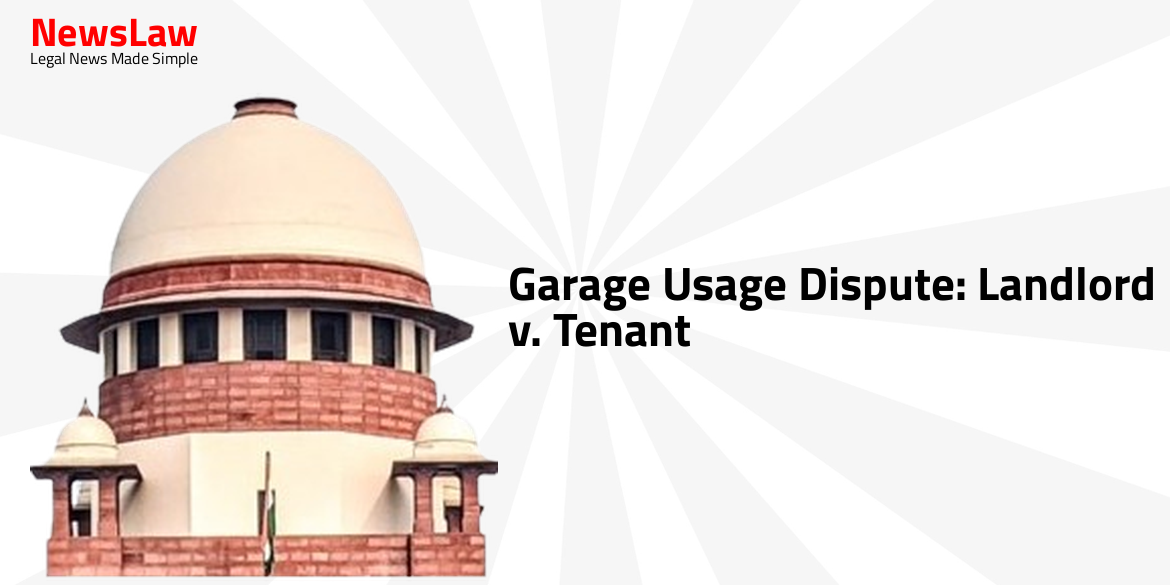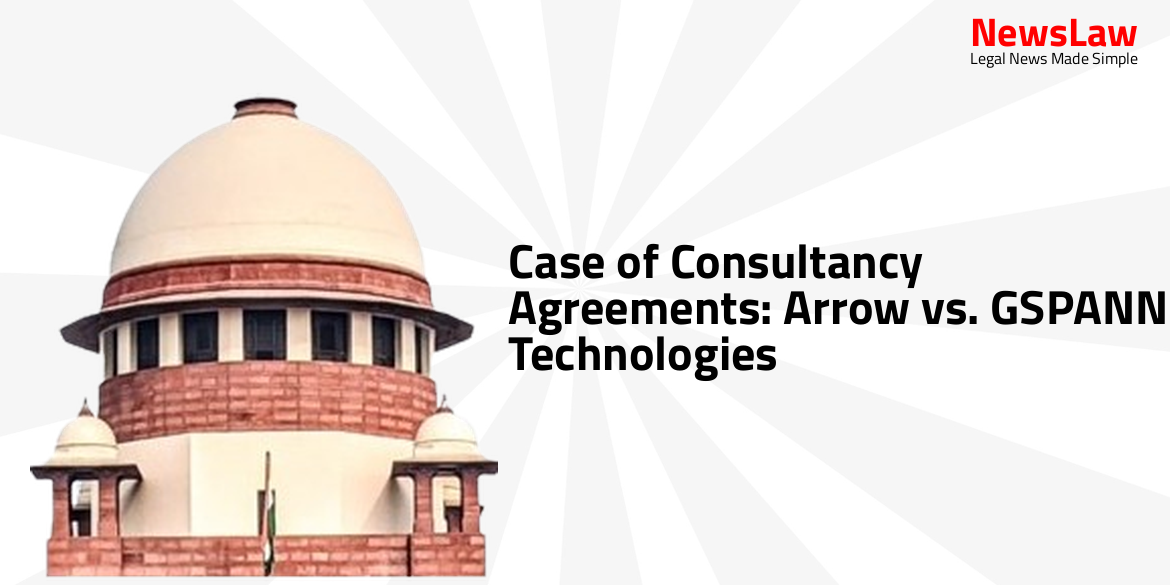In a recent judicial decision, the Delhi High Court addressed a Contempt of Court Appeal related to upholding justice for employee rights. The case involved determining willful violation of court orders affecting the rights of the parties involved. Let’s delve into the details of this significant legal ruling that impacts the realm of employee rights and justice.
Facts
- The appellant preferred a Contempt Appeal against the decision regarding the time scale imposition with effect from 16.10.2018.
- The appeal was listed before a stay was imposed on the operation of the impugned judgment until the next hearing date.
- The case was listed multiple times for hearings, with written submissions being sought by the parties.
- On 05.10.2023, the hearing was adjourned at the request of the counsel for the appellants.
- The Single Judge determined that the appellants had willfully violated the judgment dated 24.12.2019, passed by a Division Bench in W.P.(C) 1525/2019.
- The Single Judge concluded that the appellant had acted in willful disobedience of the directions issued by the Division Bench as per Paragraph no. 35 of the judgment.
- The respondent contends that the present appeal is not maintainable.
- The appeal was listed on 15.01.2024 and on that date, the appellants contested the said appeal as not maintainable in light of the Supreme Court in D.N. Taneja v. Bhajan Lal: (1988) 3 SCC 26.
- The petition was dismissed as withdrawn with liberty as above in accordance with the law.
- The appellants filed the present appeal under Clause 10 of the Letters Patent Appeal after withdrawing the initial appeal.
Arguments
- Mr Vaidyanathan contended that the observations in the impugned judgment went beyond determining willful violation of court orders to adjudicating rights between the parties
- He argued that the D.N. Taneja v. Bhajan Lal case would not apply to civil contempt cases
- He referenced the C.S. Aggarwal v. State & Anr. case where an LPA was deemed not maintainable against writ petitions invoking criminal jurisdiction
- Mr Vaidyanathan pointed out that contempt proceedings, while not strictly criminal jurisdiction, could have similar consequences
- Mr Harish Vaidyanathan countered the arguments by referring to specific directions in the judgment issuing promotion orders to bring a respondent at par with his junior
- He highlighted Paragraph no. 11 of the mentioned decision to support his contention for a remedy against erroneous High Court decisions
- Mr Ghose, representing the respondent, relied on Sections 2(b) and 2(c) of the Contempt of Courts Act, 1971 to differentiate civil and criminal contempt
- He argued that the power to punish for contempt is akin to exercising civil jurisdiction for willful disobedience of court orders
- Mr Ghose contended that an appeal would be maintainable due to the impugned judgment’s discussion of the merits of the dispute beyond contempt issues
- Mr. Vaidyanathan contended that the present appeal is maintainable based on the observations in Sub-paragraph (V) of Paragraph 11 of the decision in Midnapore Peoples’ Cooperation Bank Ltd. and Chunilal Nanda case.
- The Supreme Court made references to earlier decisions and summarized the law concerning appeals from orders in contempt proceedings.
- The summary of law provided by the Supreme Court serves as the basis for Mr. Vaidyanathan’s argument on the maintainability of the present appeal.
Analysis
- High Court acquitting a contemnor guilty of criminal contempt does not mean petitioner has no remedy
- No appeal is maintainable under Section 19(1) of the Act
- Petitioner can move the Supreme Court under Article 136 of the Constitution for remedy
- The High Court can decide if contempt of court has occurred and determine the appropriate punishment.
- Decisions made by the High Court on the merits of a dispute between parties are not appealable under Section 19 of the CC Act.
- No inherent right of appeal exists, and appeals are only maintainable as expressly provided for under Section 19(1) of the Act.
- An appeal does not lie in cases where the Court declines to punish for contempt, preventing vexatious litigation.
- The right of appeal is restricted in contempt proceedings only against a decision regarding punishment for contempt.
- The court and the contemnor are the only parties in a contempt proceeding.
- Appeal under Section 19 is only maintainable in exercising jurisdiction to punish for contempt, making no distinction between civil and criminal contempt.
- The rationale behind exclusion of appeal is applicable to both civil and criminal contempt cases.
- The legislature restricts the right of appeal in contempt proceedings only against a decision regarding punishment for contempt.
- An appeal under Section 19 is only maintainable after a punishment for contempt is imposed.
- A right of appeal is denied in cases where appeal is not specifically provided for under Section 19(1) of the Act.
- The appellate remedies must be exercised within the contours defined by the statute.
- In contempt proceedings, the aggrieved party can only be the contemnor punished for contempt of court.
- Appeals against orders in contempt proceedings are summarily dismissed.
- The Contempt of Courts Act, 1971 is a self contained code, and hence, the provisions of a Letters Patent Appeal cannot be invoked to maintain an appeal if it is unavailable under the statute.
- The power to punish for contempt is derived from Article 215 of the Constitution of India.
- The nature of contempt proceedings must be construed as proceedings in criminal jurisdiction.
- In contempt proceedings, if the High Court decides an issue or gives any direction related to the merits of the dispute between parties, an aggrieved person can appeal through intra-court appeal or seek special leave under Article 136 of the Constitution.
- The learned Single Judge analyzed the scope of the directions issued and examined whether there was wilful disobedience of court orders.
- The Division Bench had directed reinstatement to relate back to the original removal date for all benefits, including promotions.
- The Division Bench’s observations on the respondent’s entitlement to promotion were considered by the Single Judge in the context of determining wilful disobedience.
- The Single Judge held that the appellants were obligated to grant notional promotion to the respondent as directed by the Division Bench.
- The Single Judge emphasized that the right to notional promotion granted by the Division Bench cannot be evaluated by the courts in contempt jurisdiction.
- The maintainability of an intra-court appeal in a contempt petition was also considered, emphasizing that the question of appeal rights should be determined by the statute’s provisions.
- The observations made by the Court in the impugned judgment do not establish any rights in favor of the respondent.
- The focus of the judgment was to determine if the appellants had willfully violated a previous court order dated 24.12.2019, not to decide rights and obligations of the parties.
- The learned Single Judge did not settle any disputes regarding rights and obligations other than the question of contempt of court by the appellants.
Decision
- The respondent was treated under suspension with effect from 10.07.1995.
- All pending applications were disposed of.
- The appeal was dismissed as not maintainable.
- A minor penalty was imposed with effect from 08.03.2021.
Case Title: AJAY KUMAR BHALLA & ORS. Vs. PRAKASH KUMAR DIXIT (2024:DHC:3833-DB)
Case Number: LPA-157/2024



